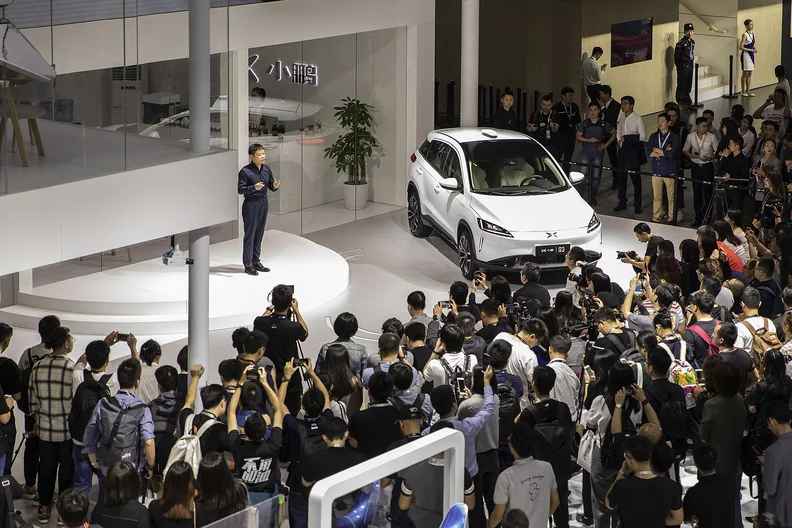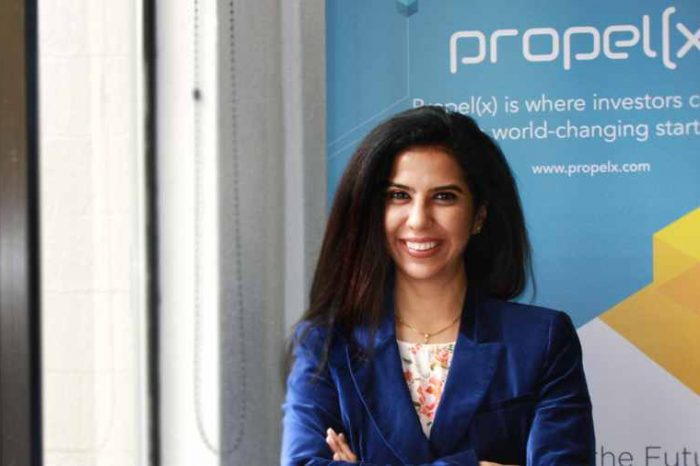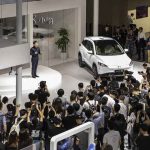Chinese Tesla rival Xpeng Motors raises $500M in Series C plus funding to accelerate growth and take on Tesla Model 3

The last time we wrote about Xpeng Motors was back in November 2019 when the electric vehicle startup Xpeng landed $400 million Series C funding to expand and build smart mobility ecosystem. Since then, China’s electric car sales have fallen sharply, especially during the first quarter of the year due to the coronavirus pandemic. According to data from the China Association of Automobile Manufacturers, sales of new energy vehicles fell 33.1% year-on-year in June. But sales have started to pick back up in July.
Today, Xpeng Motors announced it has raised $500 million in Series C plus funding round to expand in the world’s largest car market. Backers include a group of investors including Aspex, Coatue, Hillhouse Capital and Sequoia Capital China. The fundraising comes after China’s passenger car sales rebounded recently from a sharp fall in the first quarter of the year because of the coronavirus pandemic.
Founded in 2014 by Henry Xia and He Tao, former senior executives at Guangzhou Auto with expertise in innovative automotive technology and R&D, the Guangzhou, China-based Xpeng Motors is a leading Chinese electric vehicle company that designs and manufactures automobiles that are seamlessly integrated with the Internet and utilize the latest advances in artificial intelligence. Xpeng’s backers includeIDG Capital, Alibaba Group Holding and Xiaomi among its major backers.
In April, the Guangzhou, China-based startup launched its second EV model, the P7 sports sedan in April, an electric car positioned to rival Tesla Model 3. The P7 sports sedan is Xpeng’s second production model and has a driving range of about 438 miles on a single charge, the longest among electric vehicles sold in China.
Just like any other startup developing new technology, Xpeng Motors is not without controversies. In 2018, a couple of Xpeng Motors employees were accused of stealing trade secrets of self-driving technologies from Apple and Tesla. Then in March 2019, Tesla accused Xpeng employee for intellectual property theft of its Autopilot source code. Cao Guangzhi, a former Tesla employee, is alleged to have stolen Tesla’s Autopilot source code before leaving Tesla to join Xpeng Motors in January. Cao later admitted to uploading Tesla’s source code to his iCloud account, but denies claims of property theft.




